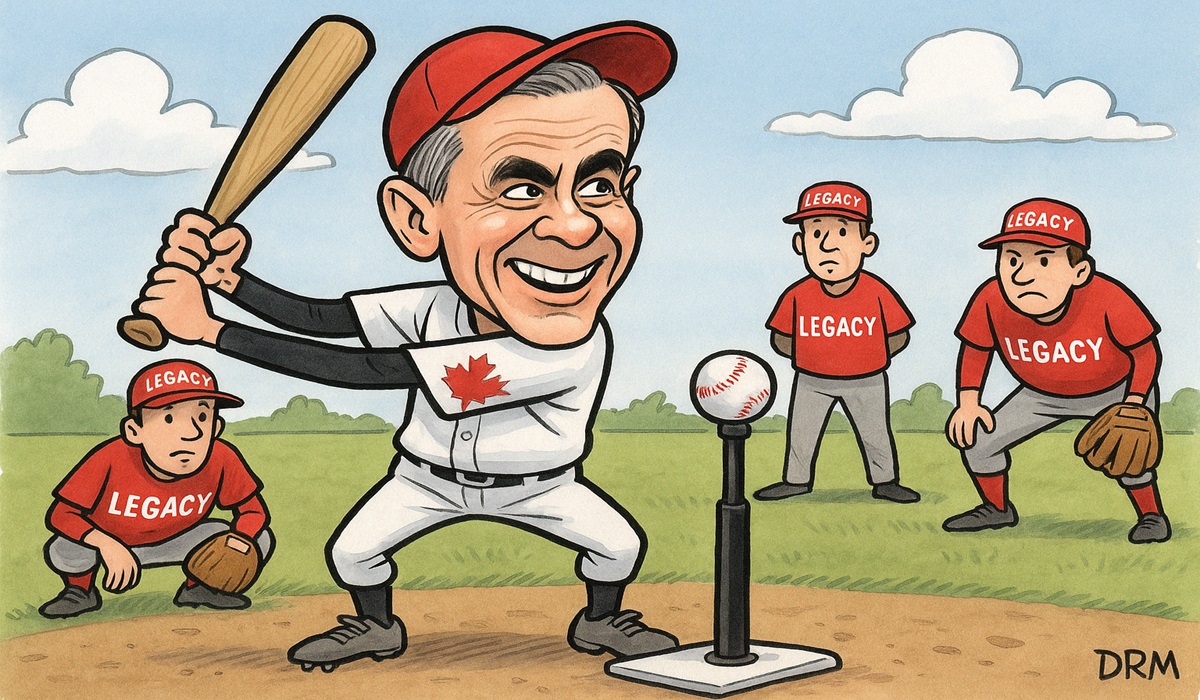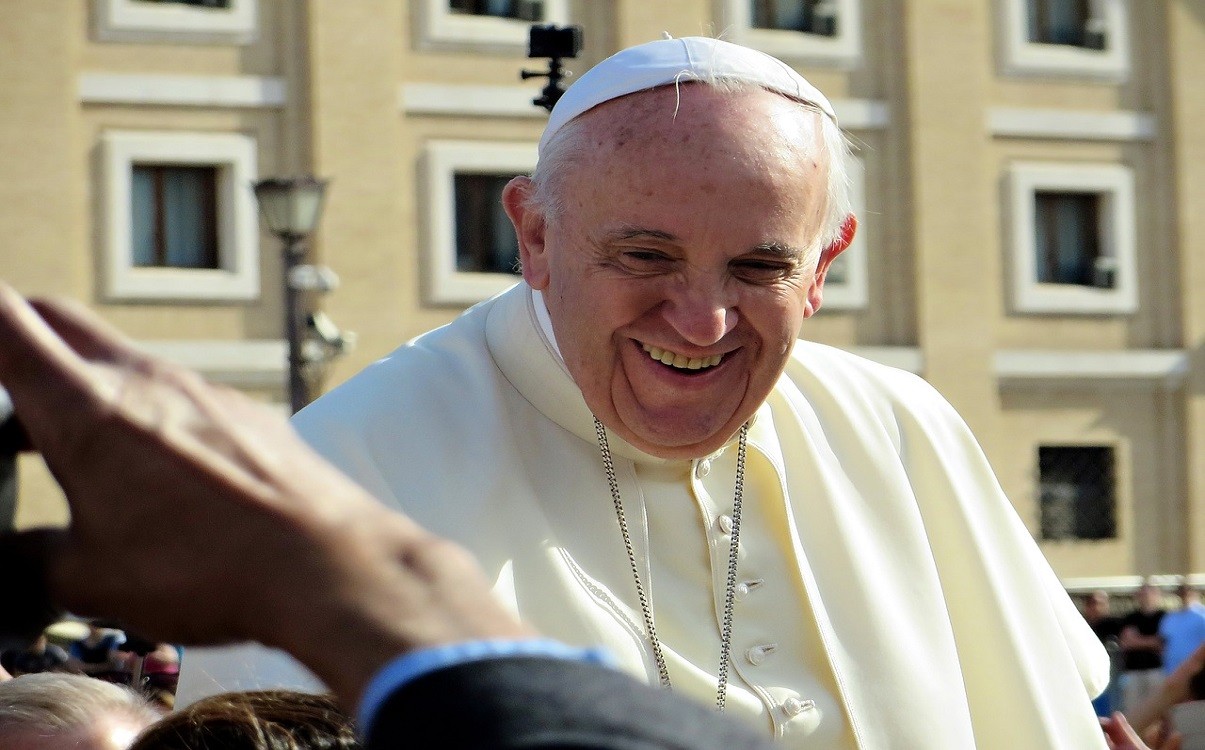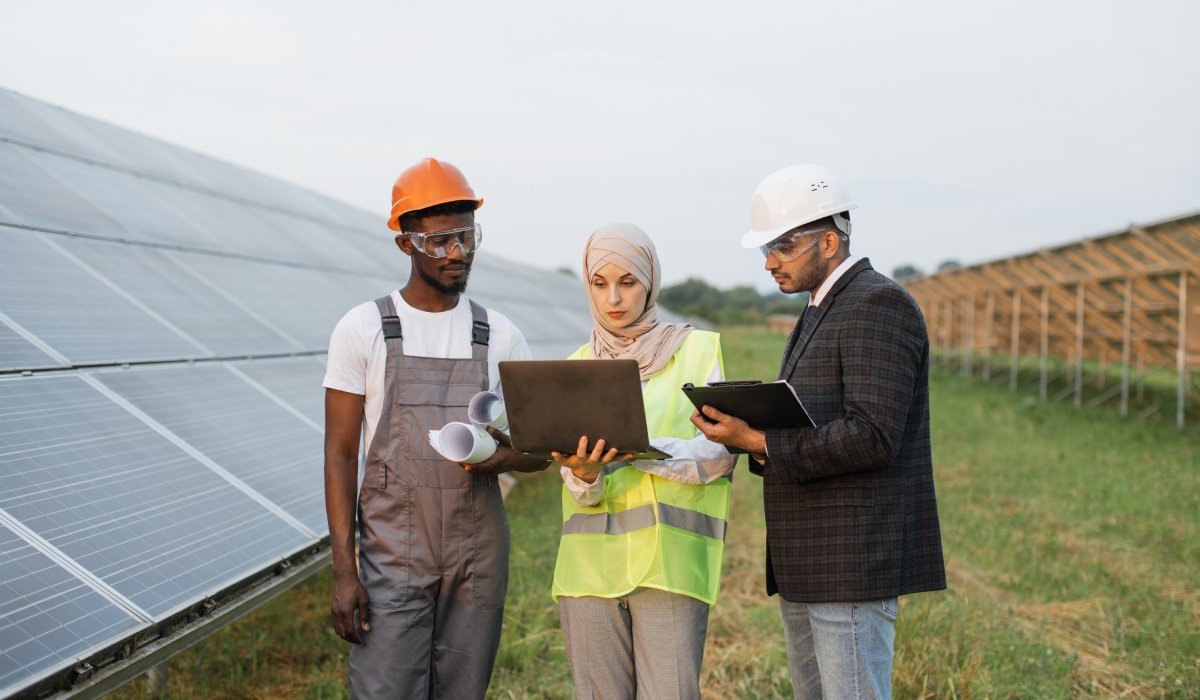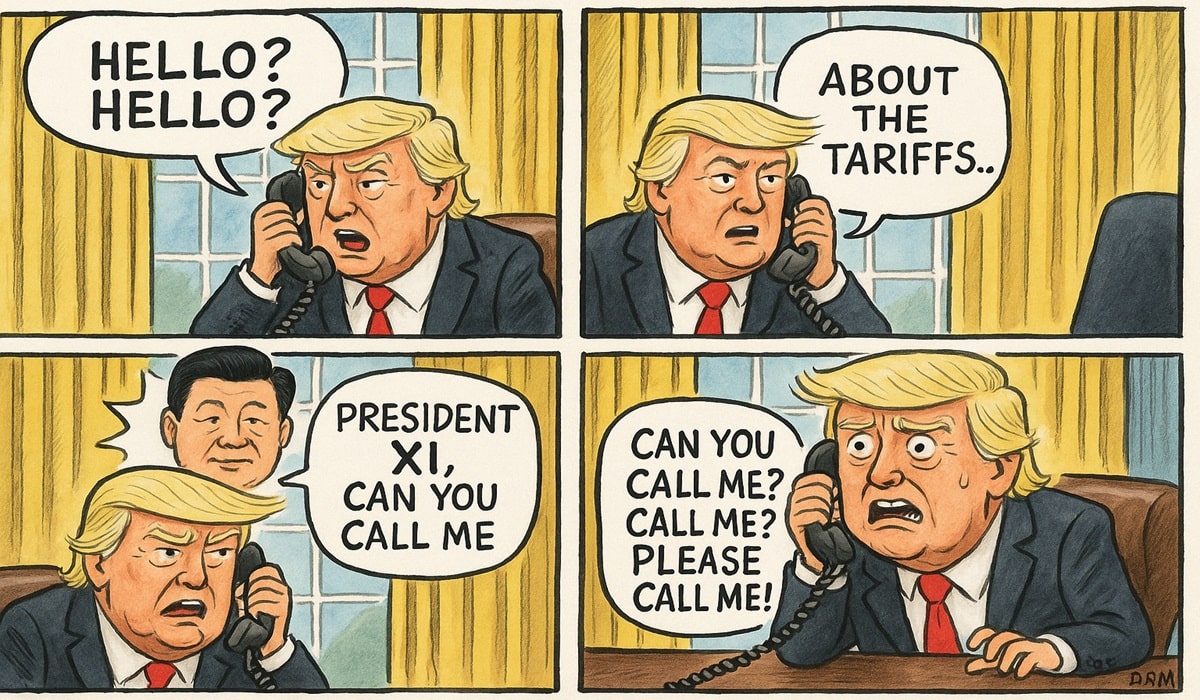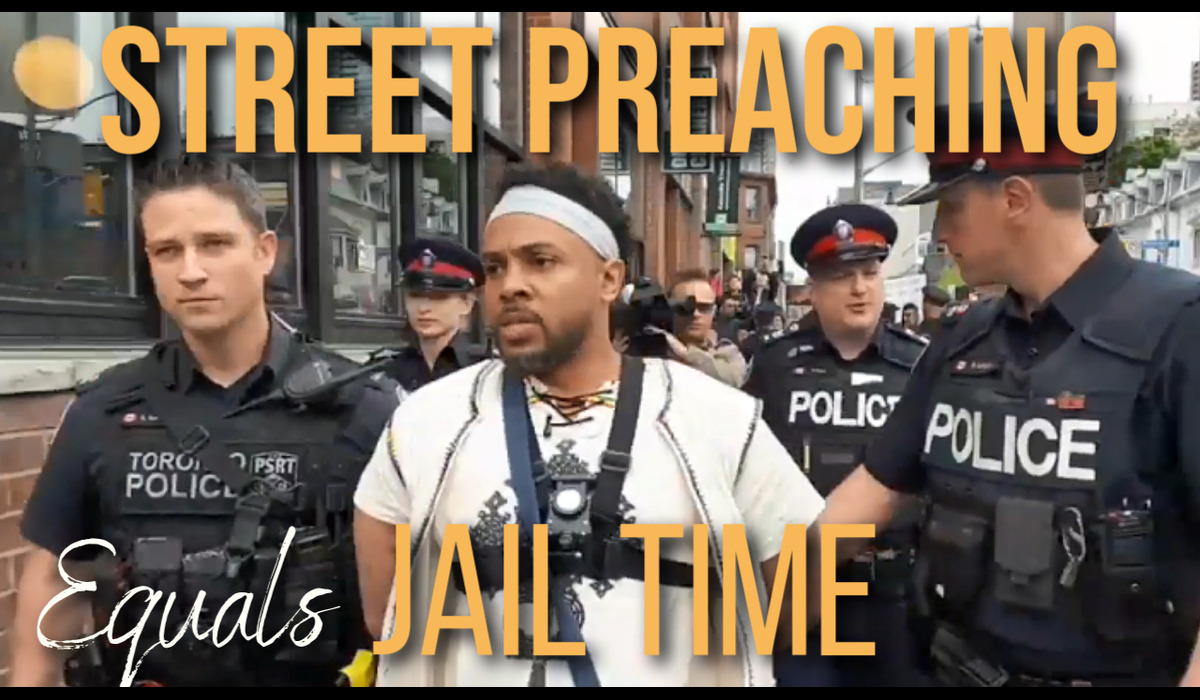The Line Between Climate Activism And Obstructionism, Has Been Blurred
- Kingston Bailey
- Climate Change
- D.O.C Supplements - Trending News
- January 19, 2023
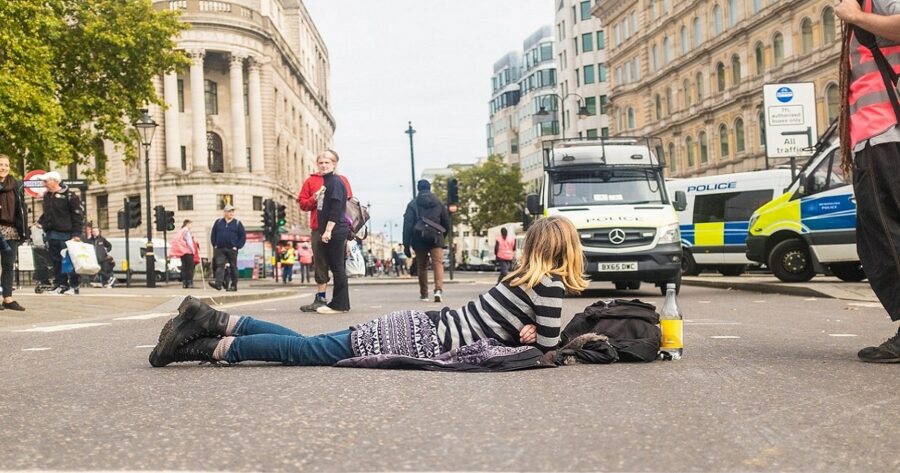
Climate change is one of the most pressing issues of our time, and it’s not surprising that many people are taking to the streets to protest and demand action. However, some activists are going to extreme lengths with their protests, putting themselves and others in danger.
One example of this is the use of civil disobedience, such as blocking roads and bridges, which can cause significant disruptions to the lives of ordinary people and put both protesters and the public at risk. In some cases, these actions have led to arrests and even physical confrontations with law enforcement.
Another example is the use of direct action, where activists break into and occupy buildings or vandalize property. While these actions may draw attention to the issue, they can also cause damage and are illegal, which can lead to arrests and criminal charges.
The all-or-nothing approach to protesting is also divisive and not productive. It can be seen as a threat to the society and can create a rift among the people who are trying to solve the problem. It’s important to remember that not everyone will agree on the best way to address climate change, and it’s important to be respectful of different perspectives.
There are better ways to protest that can be more effective in creating change without putting people in danger. For example, lobbying politicians and decision-makers, engaging with the media, and building coalitions with other organizations are all ways to make your voice heard without resorting to extreme tactics.
Another way to make a difference is to educate and raise awareness about the issue of climate change. This can be done through community events, social media campaigns, and informational sessions. These activities help to engage the public and make them aware of the problem and what can be done to address it.
It’s also important to remember that individual actions can make a difference. This includes changing your daily habits, such as reducing energy consumption, using public transportation, and supporting sustainable products. This can help to reduce greenhouse gas emissions and create awareness and engagement.
While it’s understandable that people feel compelled to take extreme actions in the face of an urgent crisis like climate change, it’s important to consider the consequences and alternatives. The all-or-nothing approach to protesting can be divisive and, ultimately, unproductive. Climate change is a complex issue that requires a collaborative effort from all of us, and it’s important to find ways to work together to create meaningful change.

